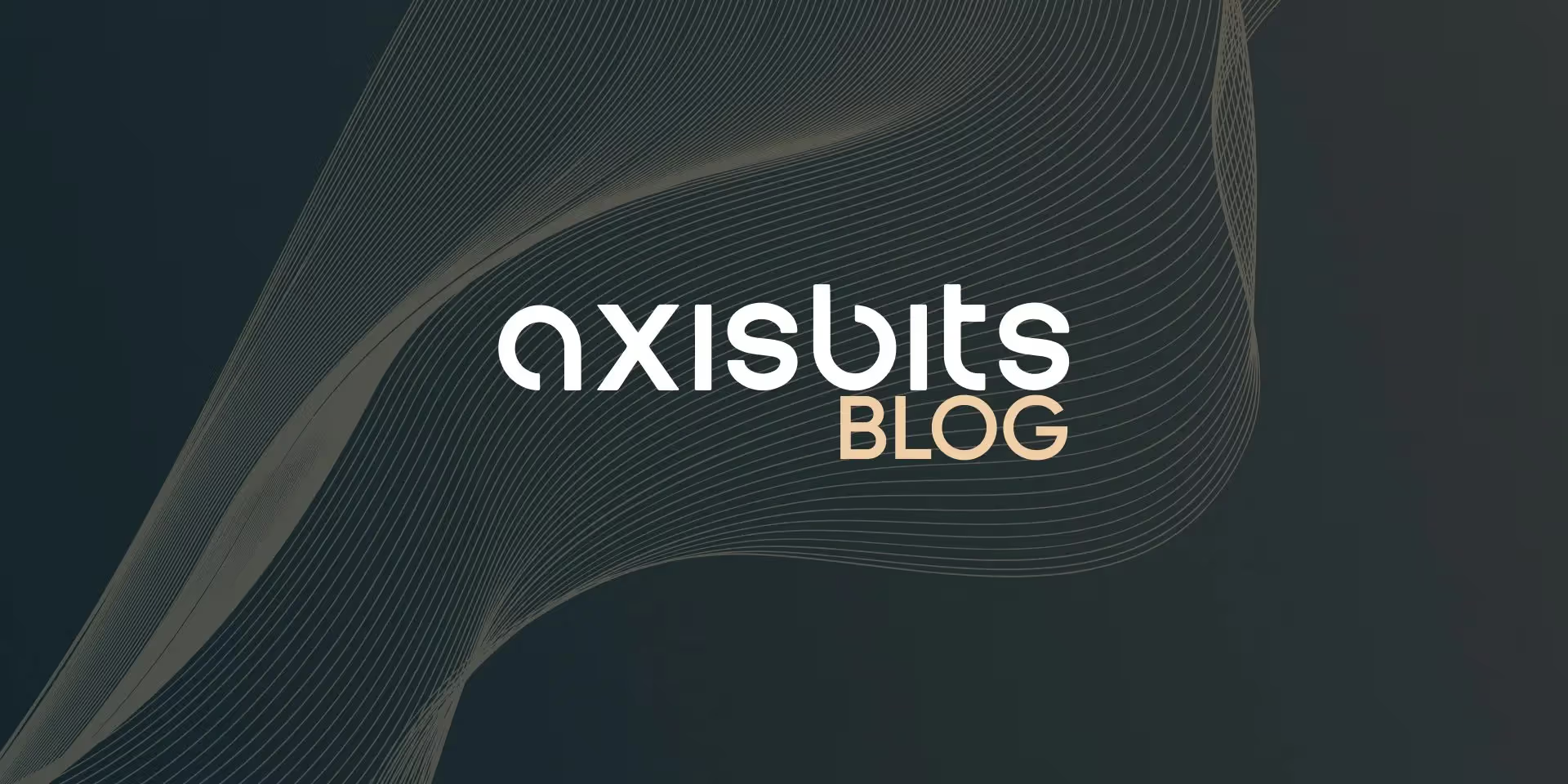
In the modern world, gadgets and the digital world are gaining more importance every year. The healthcare industry, too, has introduced the Internet of Things (IoT) into its processes. IoT in healthcare simplifies many different processes. It makes treatment more convenient for patients and doctors, and also makes hospitals more effective.
To understand global trends, you can look at the growth of budgets in the global market for IoT in healthcare. According to these statistics, it is obvious that this area will evolve tremendously in the coming years, which means that its value and prospects are real.
The possibilities offered by IoT are expanding every year and their influence will undoubtedly grow stronger in all areas. This is not strange, because they make our life more accurate, automated, and fast, and when we talk about health, these criteria are critical.
There are a lot of benefits of IoT in healthcare, some of them especially important:
- Accelerating the process of doctors' response to changes in the patient's condition;
- Facilitating the process of providing advice and assistance to patients;
- Lesser inflow of people who do not need emergency care in hospitals and clinics;
- The ability to continuously monitor patients whose health requires it;
Next, let's talk about these aspects in more detail.
Main Benefits of IoT in Healthcare for Patients and Doctors
Previously, our contact with doctors was limited to going to the clinic for a consultation or treatment. Now it is not at all necessary to run to the doctor with every question, because many processes are automated with the help of IoT. Smart devices also help the doctor to prescribe medications and procedures much more accurately.
There are three main reasons to integrate IoT in medicine.
Personalized approach
If each patient is assigned methods and devices to track their condition, this will help to quickly analyze each specific case. Often, doctors use unified algorithms to prescribe treatment, but new methods of monitoring patients’ health help determine the treatment for each patient individually.
For self-monitoring, people already use personal devices such as glucose, heart rate, or blood oxygen monitors. Another example is the apps used to monitor mental health.
Automated decision-making process
Some processes can be fully automated – like monitoring insulin supply or warning about the level of certain indicators (blood pressure, cholesterol, sugar). Many processes that are critical for the patient can be monitored using devices. When the patient needs help, the devices will produce a signal. In many cases, all that is needed is to monitor the indicators of certain values and react to their changes in time. With the help of automated methods, it is faster and more effective than doing tests every time and waiting for a doctor's verdict.
Great opportunities for analysis
Digital storage of all indicators, their changes, and values can help doctors meet new patients and draw conclusions about their health. This is a significant advantage both for critically ill patients and for people who are undergoing treatment at home or only require a consultation. Instead of just a person in line for an appointment with a doctor, each patient becomes an individual case that is easy to analyze.
This, of course, also implies a level of healthcare IoT security. It is important to have servers or platforms for secure storage of data, support for devices used by patients, and an established process of teaching doctors and patients how to use devices and their data.
Healthcare IoT applications
Mobile apps have been around in the healthcare industry for a long time. After all, many people are already using applications to track their condition, sleep, physical activity, menstruation cycles, and medications. Mobile apps have changed the way we see the treatment processes.
Nowadays, methods of remote monitoring of patients are very popular. This allows healthcare specialists to follow up on people who need constant treatment updates, advice, or psychological support. The introduction of IoT is a necessary step for the possibility of remote monitoring of patients. Every clinic or organization that wants to use IoT needs to decide if they want to buy the IoT applications or have custom apps developed for them. A specialized IoT development company can create software for very specific needs.
Conclusion
The use of IoT in healthcare is a mandatory step on the way to effectively treating people and using a minimum of resources to achieve maximum results. Implementation of IoT technologies may take some time, but it will certainly be successful. Automated patient tracking, fast and accurate care, and risk reduction are just some of the benefits of IoT in healthcare. We can help you take advantage of this, based on our extensive experience of specialists in this field.





